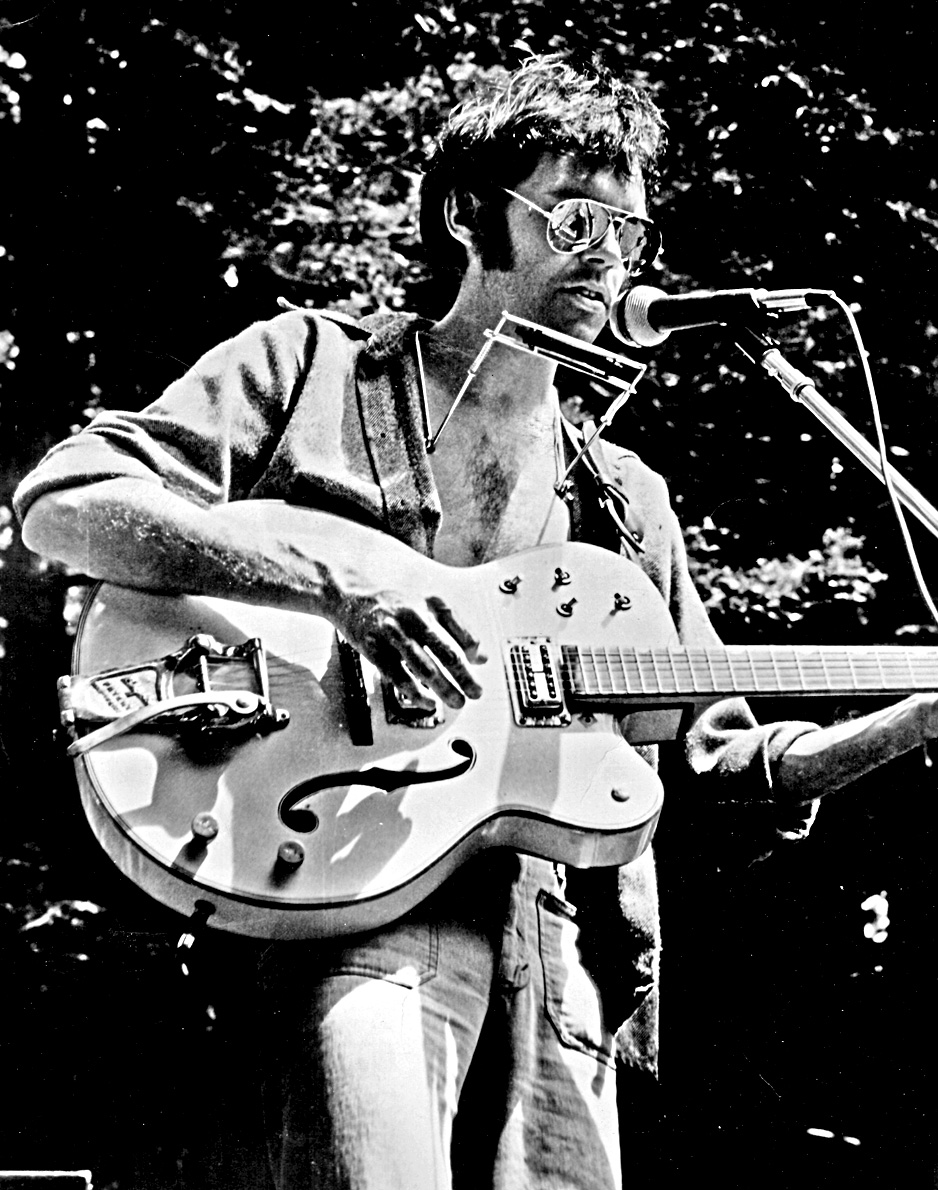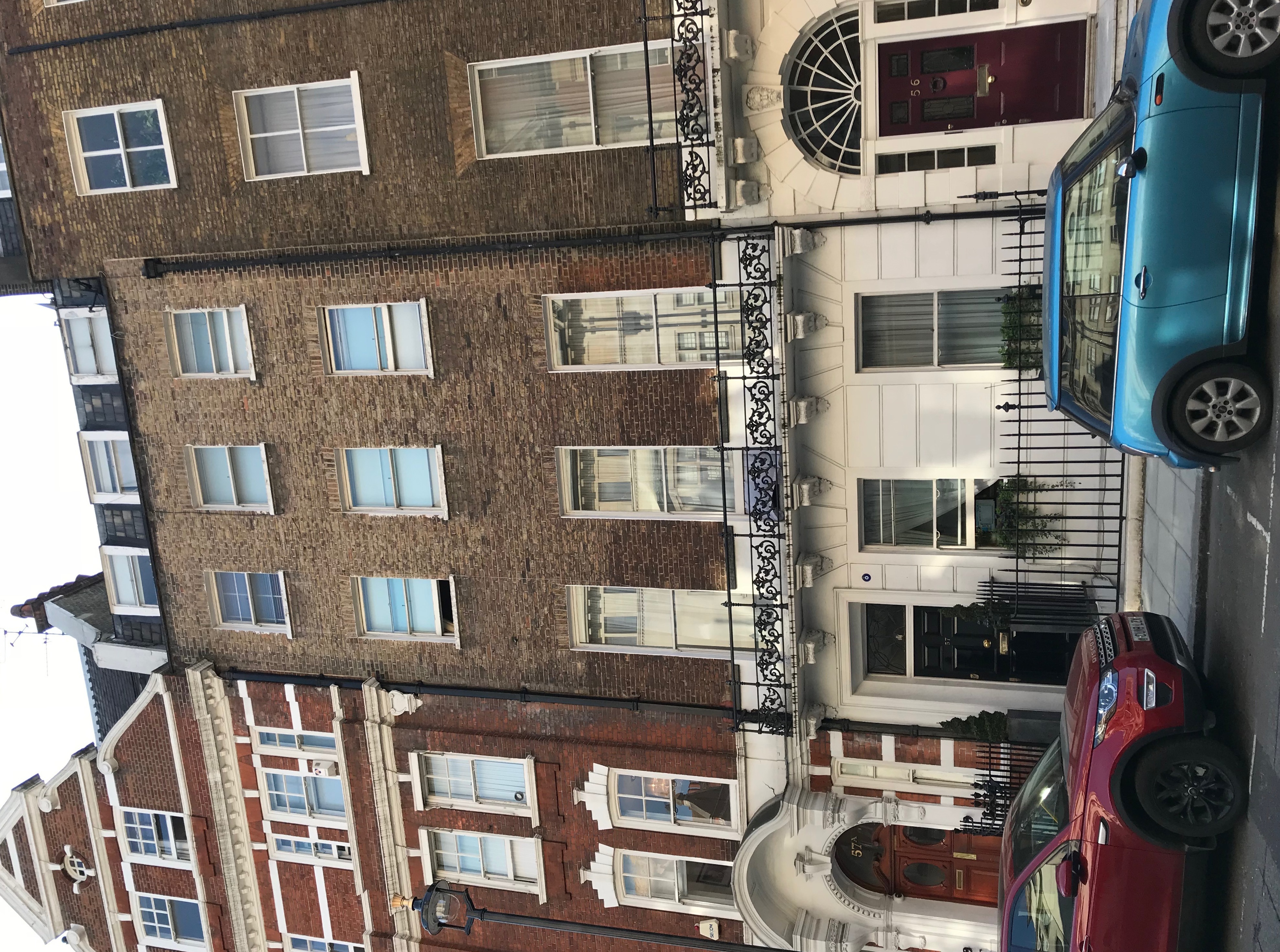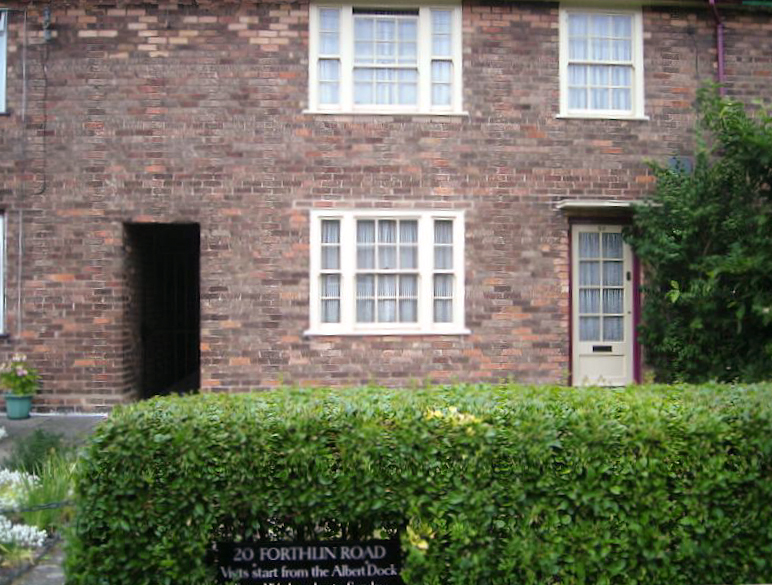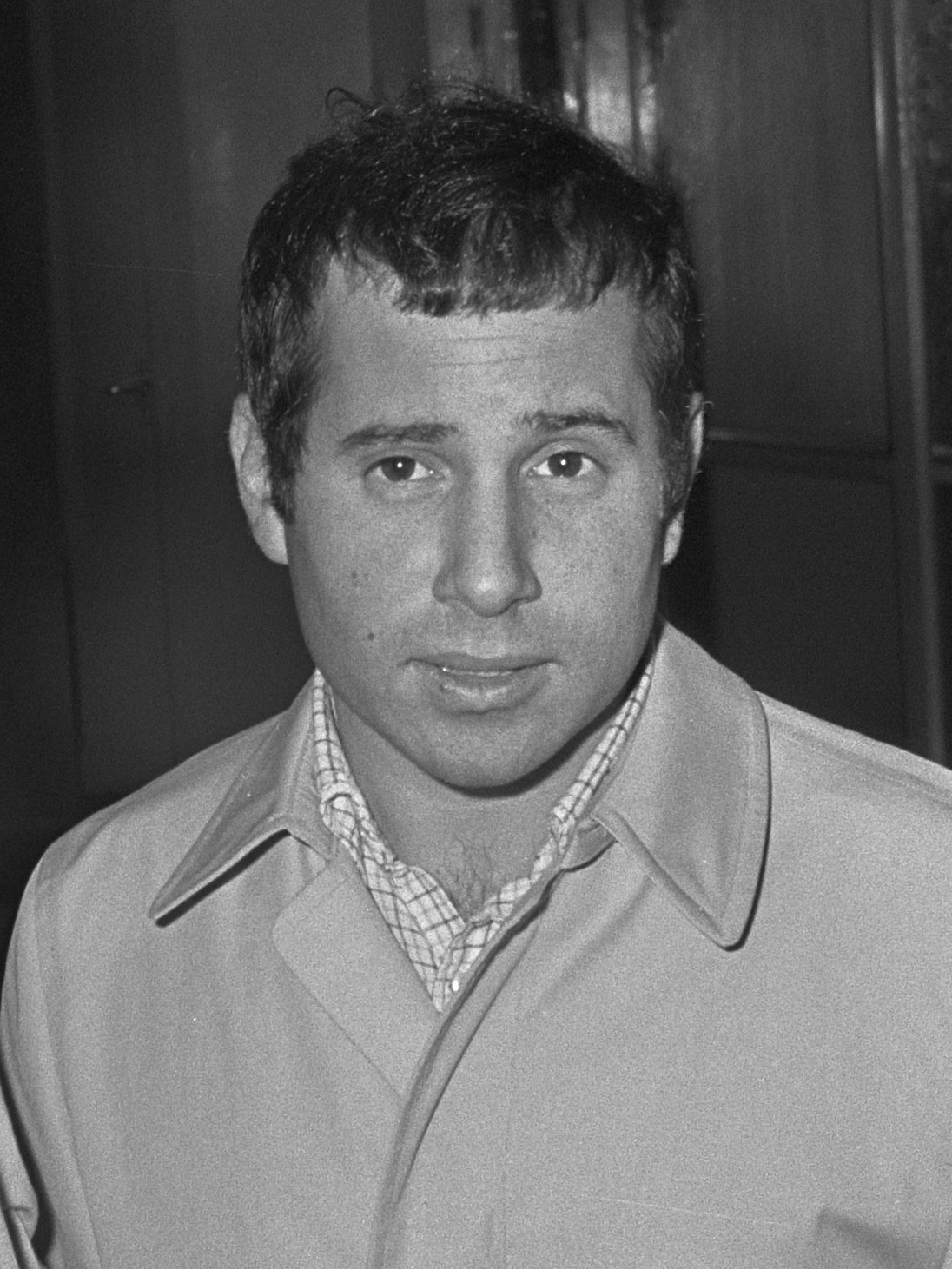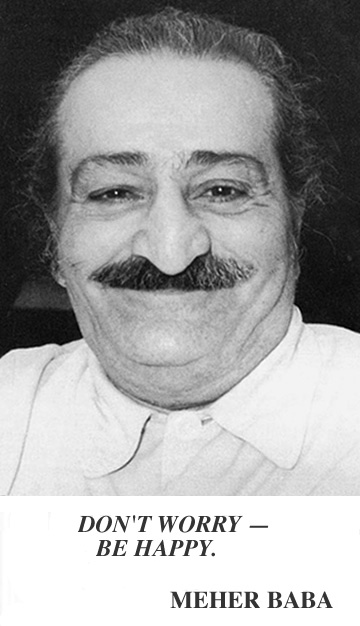|
Radio Jah Jah
''Radio Jah Jah'' is a 2004 studio album by The Hobos. It was the follow-up to their previous studio album '' Flashback Mornings''. ''Radio Jah Jah'' is a special release for the band in that it is a double album with one CD featuring original material written by the band's spiritual leader Rolands Ūdris, and the other disc compiled from various covers done by the band. When asked to comment on the title of the album, singer Rolands Ūdris replied: "''Radio Jah Jah'' is the radio that plays in our heads. And because of that we decided to pay homage to some of our favourite musicians." At the time of release the band was praised for many original ideas in covering of these songs. For example, Modern Talking's disco hit "You're My Heart, You're My Soul" was done in a style resembling samba. The follow-up to ''Radio Jah Jah'' is due out in 2007. Track listing All songs written by Rolands Ūdris, except where noted. Disc one #"Don’t Forget" – 3:29 #"Disaster" – 3:48 #"Bir ... [...More Info...] [...Related Items...] OR: [Wikipedia] [Google] [Baidu] |
Album
An album is a collection of audio recordings issued on compact disc (CD), Phonograph record, vinyl, audio tape, or another medium such as Digital distribution#Music, digital distribution. Albums of recorded sound were developed in the early 20th century as individual Phonograph record#78 rpm disc developments, 78 rpm records collected in a bound book resembling a photograph album; this format evolved after 1948 into single vinyl LP record, long-playing (LP) records played at revolutions per minute, rpm. The album was the dominant form of recorded music expression and consumption from the mid-1960s to the early 21st century, a period known as the album era. Vinyl LPs are still issued, though album sales in the 21st-century have mostly focused on CD and MP3 formats. The 8-track tape was the first tape format widely used alongside vinyl from 1965 until being phased out by 1983 and was gradually supplanted by the cassette tape during the 1970s and early 1980s; the populari ... [...More Info...] [...Related Items...] OR: [Wikipedia] [Google] [Baidu] |
Neil Young
Neil Percival Young (born November 12, 1945) is a Canadian-American singer and songwriter. After embarking on a music career in Winnipeg in the 1960s, Young moved to Los Angeles, joining Buffalo Springfield with Stephen Stills, Richie Furay and others. Since the beginning of his solo career with his backing band Crazy Horse (band), Crazy Horse, he has released many critically acclaimed and important albums, such as ''Everybody Knows This Is Nowhere'', ''After the Gold Rush'', ''Harvest (Neil Young album), Harvest'', ''On the Beach (Neil Young album), On the Beach'' and ''Rust Never Sleeps''. He was a part-time member of Crosby, Stills, Nash & Young. His guitar work, deeply personal lyrics and signature high tenor singing voice define his long career. Young also plays piano and harmonica on many albums, which frequently combine folk music, folk, rock music, rock, country music, country and other musical genres. His often distorted electric guitar playing, especially with Cra ... [...More Info...] [...Related Items...] OR: [Wikipedia] [Google] [Baidu] |
I've Just Seen A Face
"I've Just Seen a Face" is a song by the English rock band the Beatles. It was released in August 1965 on their album ''Help!'', except in North America, where it appeared as the opening track on the December 1965 release ''Rubber Soul''. Written and sung by Paul McCartney, the song is credited to the Lennon–McCartney partnership. The song is a cheerful love ballad, its lyrics discussing a love at first sight while conveying an adrenaline rush the singer experiences that makes him both enthusiastic and inarticulate. The song began as an uptempo country and western-style piano piece, originally titled "Auntie Gin's Theme". McCartney then added lyrics that may have been inspired by his relationship with actress Jane Asher. The Beatles completed the track on 14 June 1965 at EMI Studios in London on the same day they recorded "I'm Down" and "Yesterday (Beatles song), Yesterday". The recording fuses country and western with several other musical genres, including folk rock, Folk ... [...More Info...] [...Related Items...] OR: [Wikipedia] [Google] [Baidu] |
Paul McCartney
Sir James Paul McCartney (born 18 June 1942) is an English singer, songwriter and musician who gained worldwide fame with the Beatles, for whom he played bass guitar and shared primary songwriting and lead vocal duties with John Lennon. One of the most successful composers and performers of all time, McCartney is known for his melodic approach to bass-playing, versatile and wide tenor vocal range, and musical eclecticism, exploring styles ranging from pre–rock and roll pop to classical and electronica. His songwriting partnership with Lennon remains the most successful in history. Born in Liverpool, McCartney taught himself piano, guitar and songwriting as a teenager, having been influenced by his father, a jazz player, and rock and roll performers such as Little Richard and Buddy Holly. He began his career when he joined Lennon's skiffle group, the Quarrymen, in 1957, which evolved into the Beatles in 1960. Sometimes called "the cute Beatle", McCartney later invo ... [...More Info...] [...Related Items...] OR: [Wikipedia] [Google] [Baidu] |
John Lennon
John Winston Ono Lennon (born John Winston Lennon; 9 October 19408 December 1980) was an English singer, songwriter, musician and peace activist who achieved worldwide fame as founder, co-songwriter, co-lead vocalist and rhythm guitarist of the Beatles. Lennon's work was characterised by the rebellious nature and acerbic wit of his music, writing and drawings, on film, and in interviews. His songwriting partnership with Paul McCartney remains the most successful in history. Born in Liverpool, Lennon became involved in the Skiffle#Revival in the United Kingdom, skiffle craze as a teenager. In 1956, he formed The Quarrymen, which evolved into the Beatles in 1960. Sometimes called "the smart Beatle", he was initially the group's de facto leader, a role gradually ceded to McCartney. Lennon soon expanded his work into other media by participating in numerous films, including ''How I Won the War'', and authoring ''In His Own Write'' and ''A Spaniard in the Works'', both collection ... [...More Info...] [...Related Items...] OR: [Wikipedia] [Google] [Baidu] |
Rain (The Beatles Song)
"Rain" is a song by the English rock band the Beatles, released on 30 May 1966 as the B-side of their "Paperback Writer" single. Both songs were recorded during the sessions for ''Revolver'', although neither appear on that album. "Rain" was written by John Lennon and credited to the Lennon–McCartney partnership. He described its meaning as "about people moaning about the weather all the time". The song's recording contains a slowed-down rhythm track, a droning bass line and backwards vocals. Its release marked the first time that reversed sounds appeared in a pop song, although the Beatles used the same technique on the ''Revolver'' track "Tomorrow Never Knows", recorded days earlier. Ringo Starr considers "Rain" his best recorded drum performance. Three promotional films were created for the song, and they are considered among the early precursors of music videos. Background and inspiration Commenting on "Rain", John Lennon said it addressed "People moaning because ... they ... [...More Info...] [...Related Items...] OR: [Wikipedia] [Google] [Baidu] |
Paul Simon
Paul Frederic Simon (born October 13, 1941) is an American musician, singer, songwriter and actor whose career has spanned six decades. He is one of the most acclaimed songwriters in popular music, both as a solo artist and as half of folk rock duo Simon & Garfunkel with Art Garfunkel. Simon was born in Newark, New Jersey, and grew up in the Queens, borough of Queens in New York City. He began performing with his schoolfriend Art Garfunkel in 1956 when they were still in their early teens. After limited success, the pair reunited after an electrified version of their song "The Sound of Silence" became a hit in 1966. Simon & Garfunkel recorded five albums together featuring songs mostly written by Simon, including the hits "Mrs. Robinson", "America (Simon & Garfunkel song), America", "Bridge over Troubled Water (song), Bridge over Troubled Water" and "The Boxer". After Simon & Garfunkel split in 1970, Simon recorded three acclaimed albums over the following five years, all of w ... [...More Info...] [...Related Items...] OR: [Wikipedia] [Google] [Baidu] |
Cecilia (Simon & Garfunkel Song)
"Cecilia" is a song by American musical duo Simon & Garfunkel. It was released in April 1970 as the third single from the group's fifth studio album, '' Bridge over Troubled Water'' (1970). Written by Paul Simon, the song's origins lie in a late-night party, in which the duo and friends began banging on a piano bench. They recorded the sound with a tape recorder, employing reverb and matching the rhythm created by the machine. Simon later wrote the song's guitar line and lyrics on the subject of an untrustworthy lover. The song was a hit single in the United States, peaking at number four on the ''Billboard'' Hot 100. On the ''Cash Box'' Top 100, it reached number one. "Cecilia" also did well in Canada, Germany, the Netherlands, and Spain, where it reached number two, and also in Switzerland and Belgium, where it peaked at number three, although it failed to chart in the United Kingdom, where it was released as a single about six months after the album. It has been the subject ... [...More Info...] [...Related Items...] OR: [Wikipedia] [Google] [Baidu] |
Bobby McFerrin
Robert Keith McFerrin Jr. (born March 11, 1950) is an American folk and jazz singer. He is known for his vocal techniques, such as singing fluidly but with quick and considerable jumps in pitch—for example, sustaining a melody while also rapidly alternating with arpeggios and harmonies—as well as scat singing, polyphonic overtone singing, and improvisational vocal percussion. He is widely known for performing and recording regularly as an unaccompanied solo vocal artist. He has frequently collaborated with other artists from both the jazz and classical scenes. McFerrin's song " Don't Worry, Be Happy" was a No. 1 U.S. pop hit in 1988 and won Song of the Year and Record of the Year honors at the 1989 Grammy Awards. McFerrin has also worked in collaboration with instrumentalists, including the pianists Chick Corea, Herbie Hancock, and Joe Zawinul, the drummer Tony Williams, and the cellist Yo-Yo Ma. Early life and education McFerrin was born in Manhattan, New York City, ... [...More Info...] [...Related Items...] OR: [Wikipedia] [Google] [Baidu] |
Don't Worry, Be Happy
"Don't Worry, Be Happy" is a 1988 song by American musician Bobby McFerrin, released as the first single from his fourth album, '' Simple Pleasures'' (1988). It was the first ''a cappella'' song to reach number-one on the ''Billboard'' Hot 100 chart, a position it held for two weeks. Originally released in conjunction with the film ''Cocktail'', the song peaked at number-one on September 24, 1988, displacing "Sweet Child o' Mine" by Guns N' Roses. The song also peaked at number 11 on the ''Billboard'' Hot Black Singles chart and number seven on the ''Billboard'' Hot Adult Contemporary Tracks chart. It was also a hit in the United Kingdom, reaching number two during its fifth week on the UK Singles Chart. In Canada, the song reached number-one in its eighth week. One critic noted it as a "formula for facing life's trials". At the 1989 Grammy Awards, "Don't Worry, Be Happy" won the awards for Song of the Year, Record of the Year, and Best Male Pop Vocal Performance. Backgro ... [...More Info...] [...Related Items...] OR: [Wikipedia] [Google] [Baidu] |
Lee Hazlewood
Barton Lee Hazlewood (July 9, 1929 – August 4, 2007) was an American country and pop singer, songwriter, and record producer, most widely known for his work with guitarist Duane Eddy during the late 1950s and singer Nancy Sinatra in the 1960s and 1970s. His collaborations with Sinatra as well as his solo output in the late 1960s and early 1970s have been praised as an essential contribution to a sound often described as "cowboy psychedelia" or "saccharine underground". ''Rolling Stone'' ranked Lee Hazlewood & Nancy Sinatra No. 9 on its list of the 20 Greatest Duos of All Time. Early life Barton Lee Hazlewood was born in Mannford, Oklahoma, on July 9, 1929. Hazlewood's father was an oil worker and had a sideline as a dance promoter; Hazlewood spent most of his youth living in Oklahoma, Arkansas, Kansas, and Louisiana. His mother was half Creek. Lee grew up listening to pop and bluegrass music. Lee spent his teenage years in Port Neches, Texas, where he was exposed to a rich Gu ... [...More Info...] [...Related Items...] OR: [Wikipedia] [Google] [Baidu] |
These Boots Are Made For Walkin'
"These Boots Are Made for Walkin' is a hit song written by Lee Hazlewood and recorded by American singer Nancy Sinatra. It charted on January 22, 1966, and reached No.1 in the United States ''Billboard'' Hot 100 and in the UK Singles Chart. Subsequently, many cover versions of the song have been released in a range of styles: metal, pop, rock, punk rock, country, dance, and industrial. Among the more notable versions are the singles released by Megadeth, Billy Ray Cyrus and Jessica Simpson. Nancy Sinatra version The song was written by Lee Hazlewood; it was inspired by a line spoken by Frank Sinatra in the comedy-western film ''4 for Texas'' (1963): "They tell me them boots ain't built for walkin'." Nancy Sinatra's version of the song was released as a single in December 1965, as the second song to be taken from her debut album, '' Boots'' (1966), and was a follow-up to the minor hit "So Long, Babe". The song became an instant success and, in late February 1966, it topped th ... [...More Info...] [...Related Items...] OR: [Wikipedia] [Google] [Baidu] |

